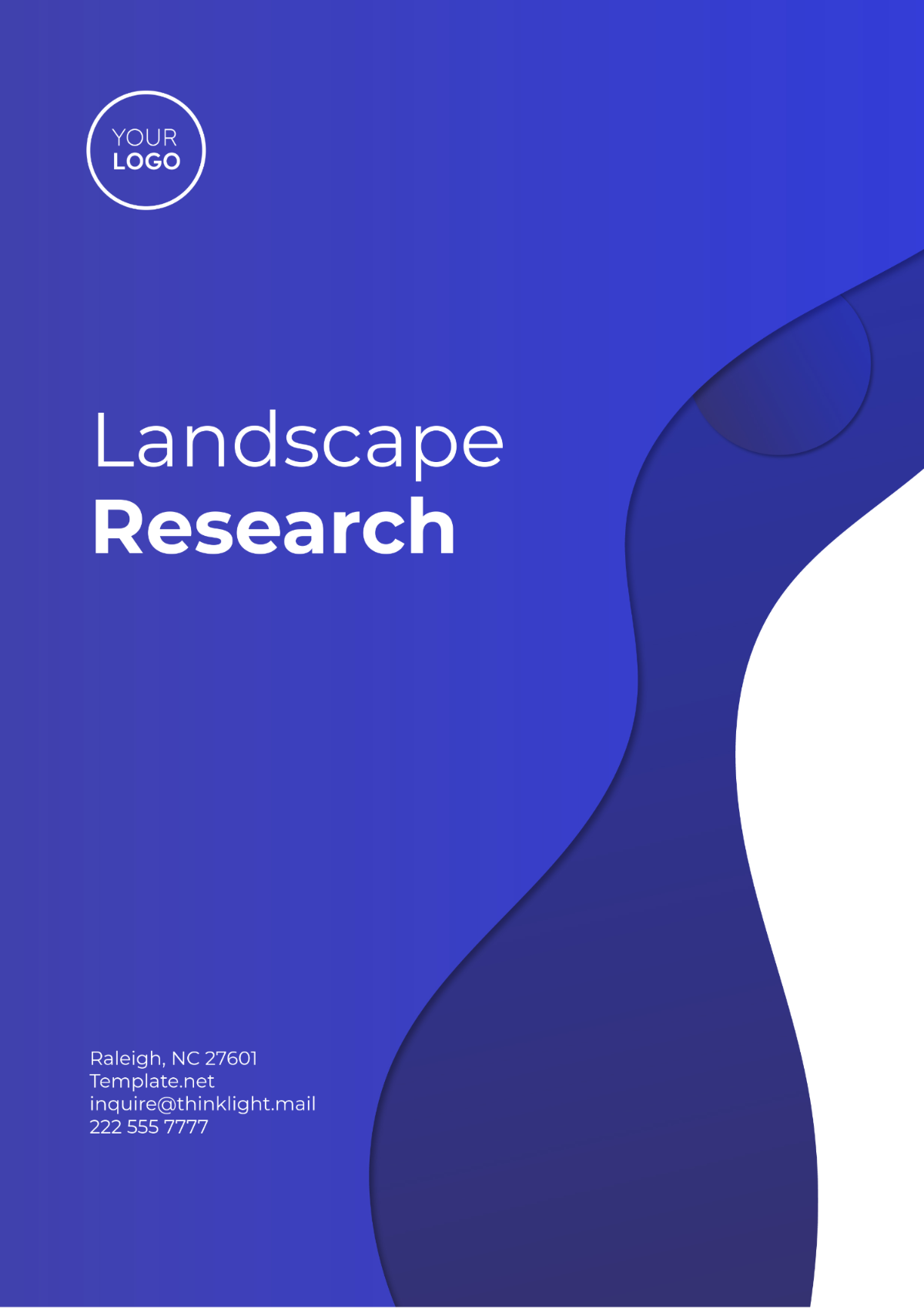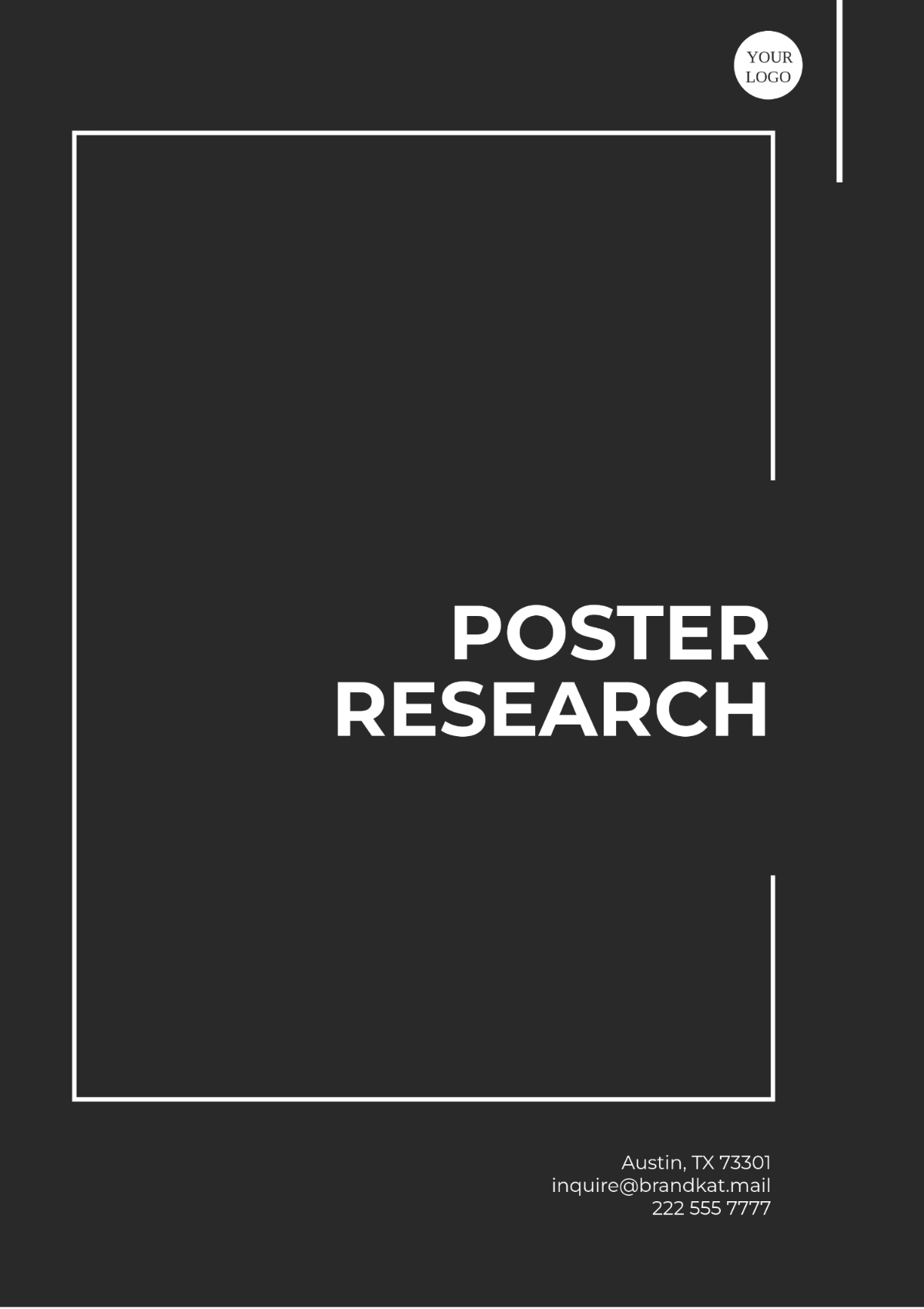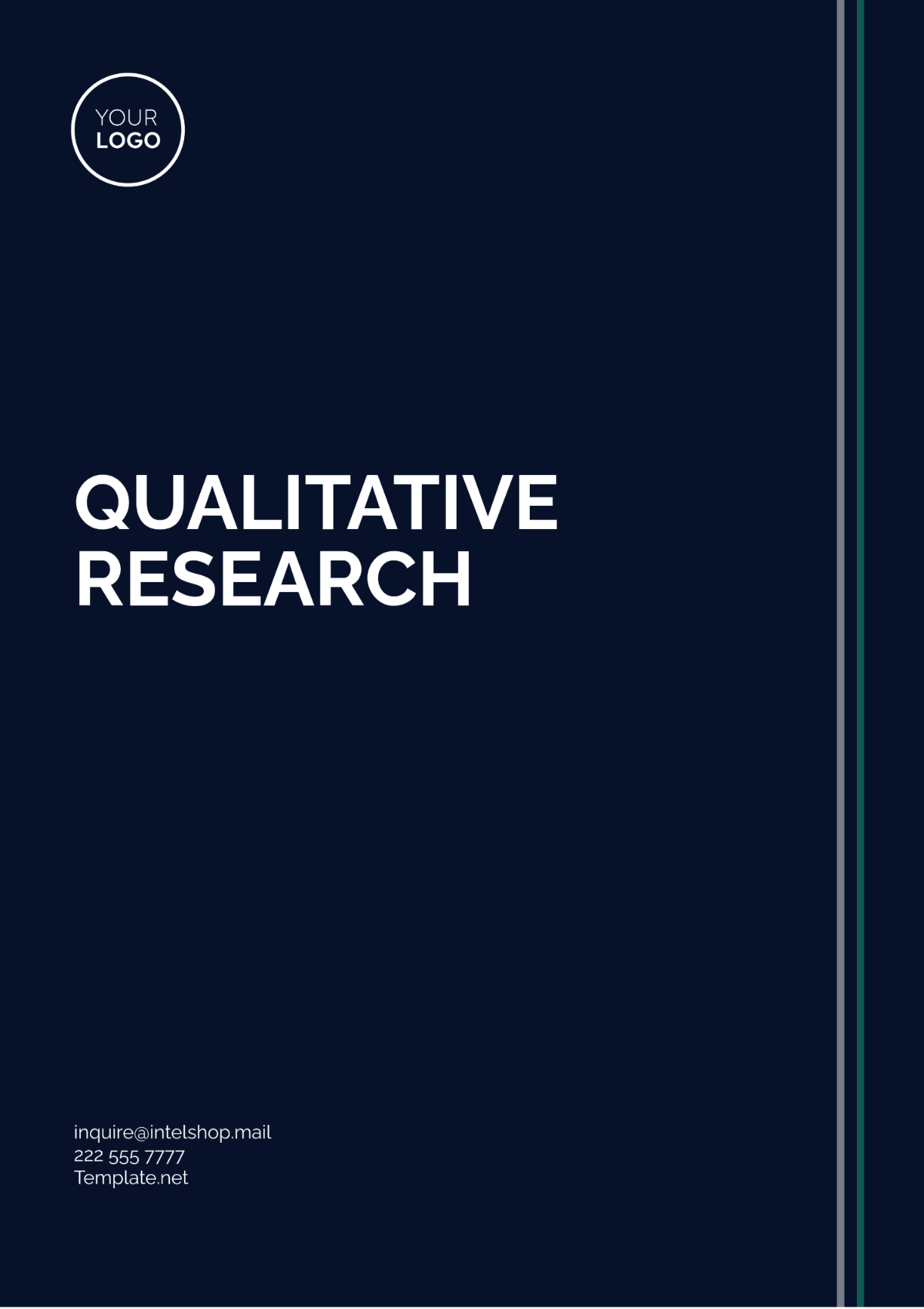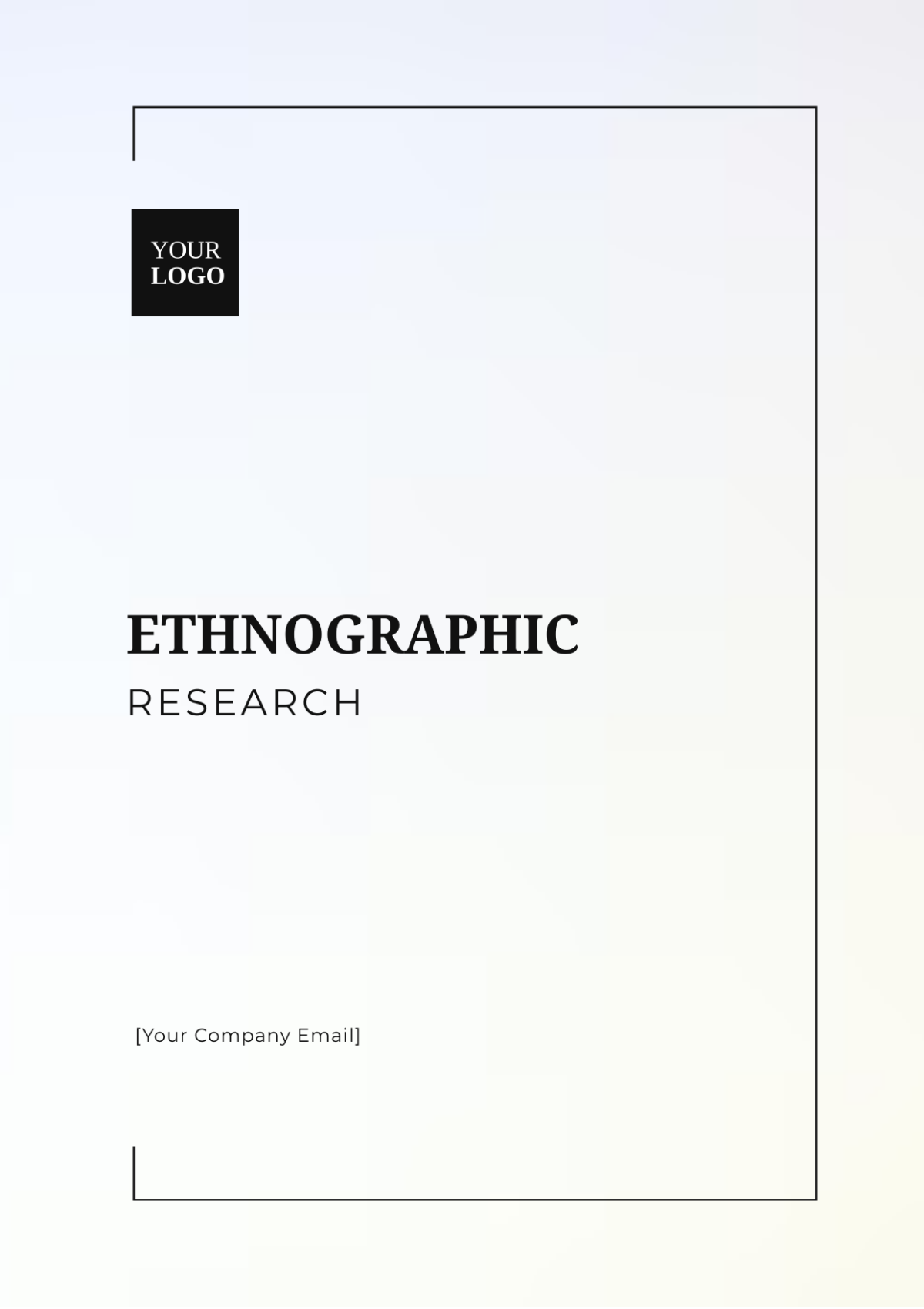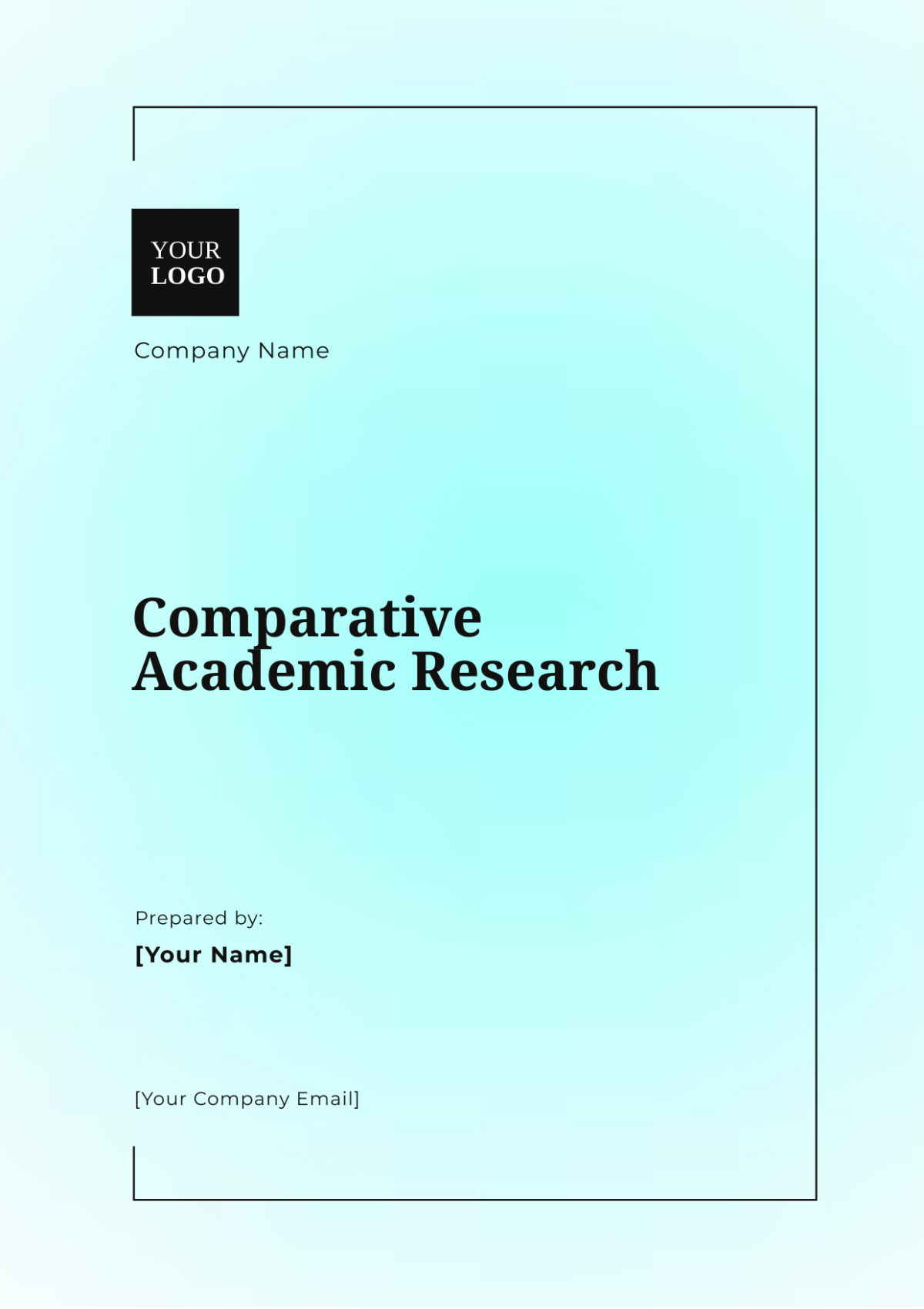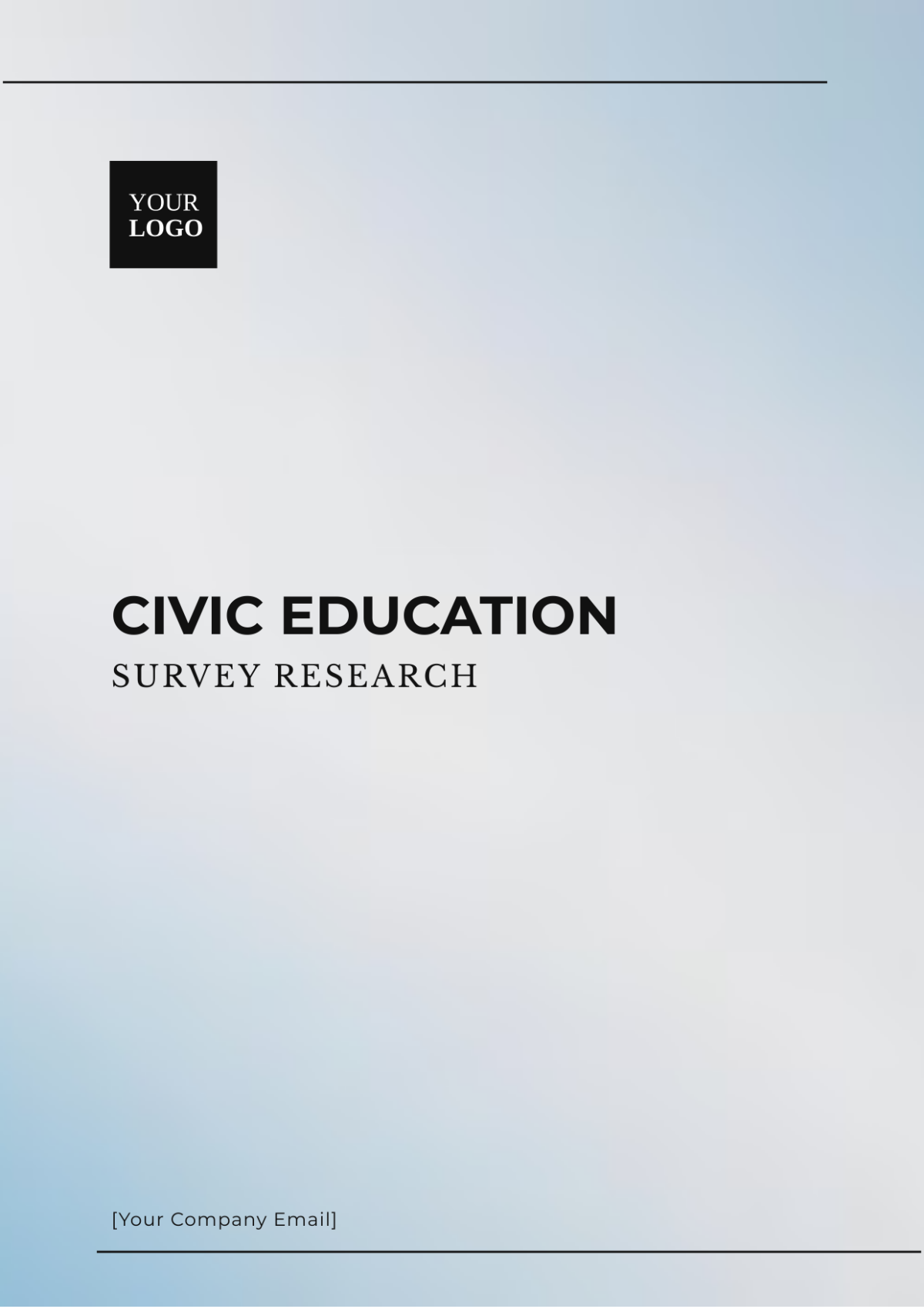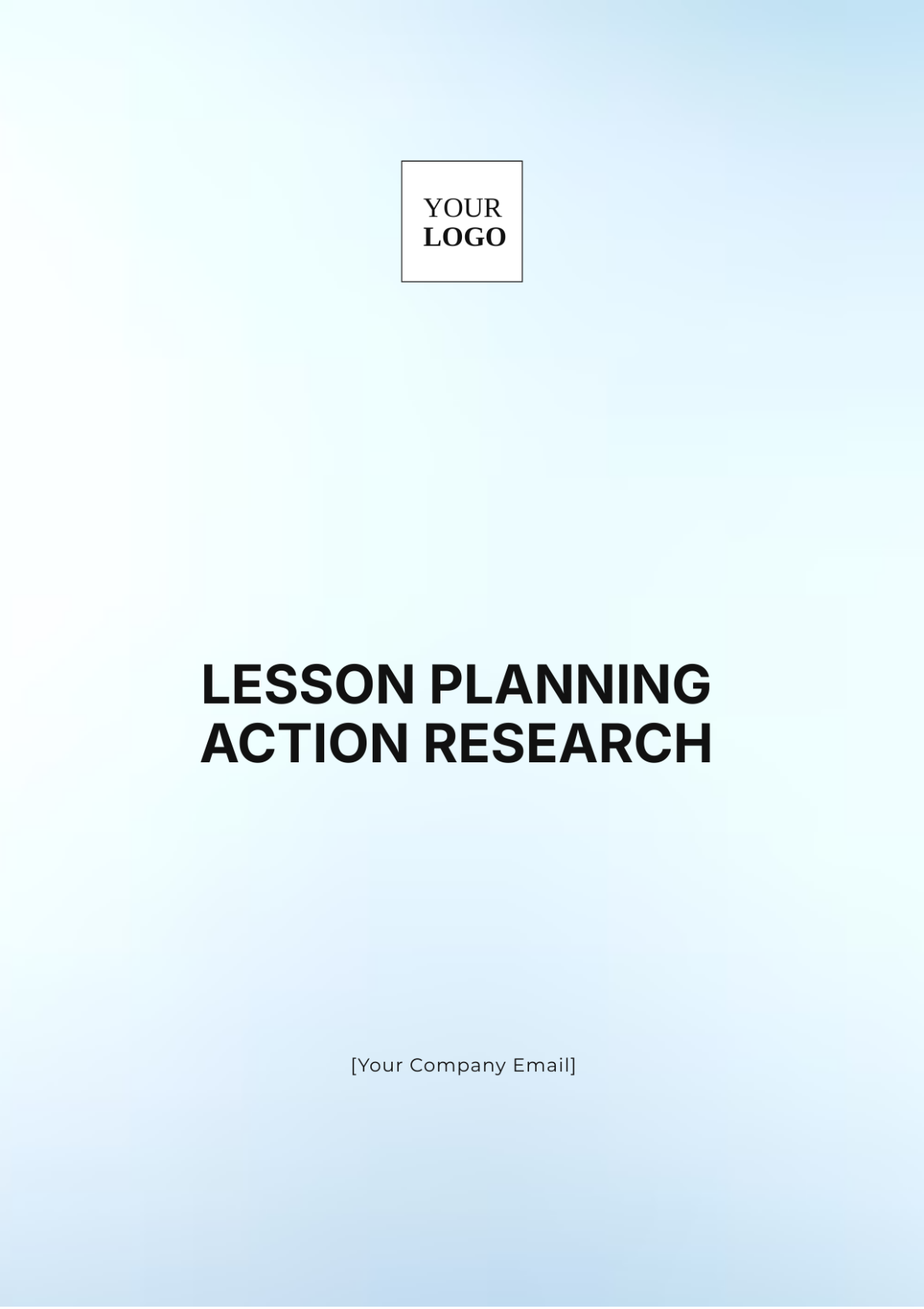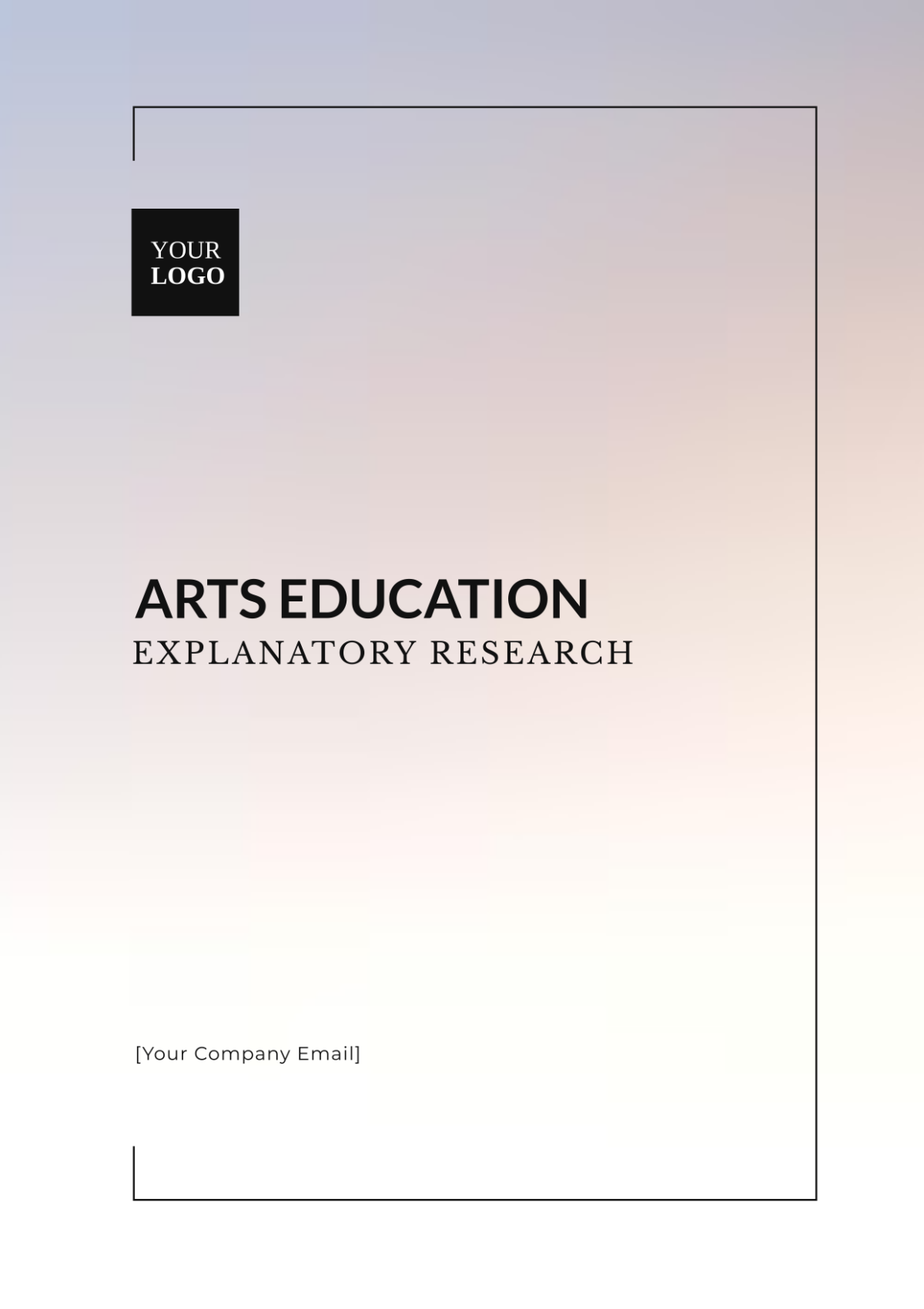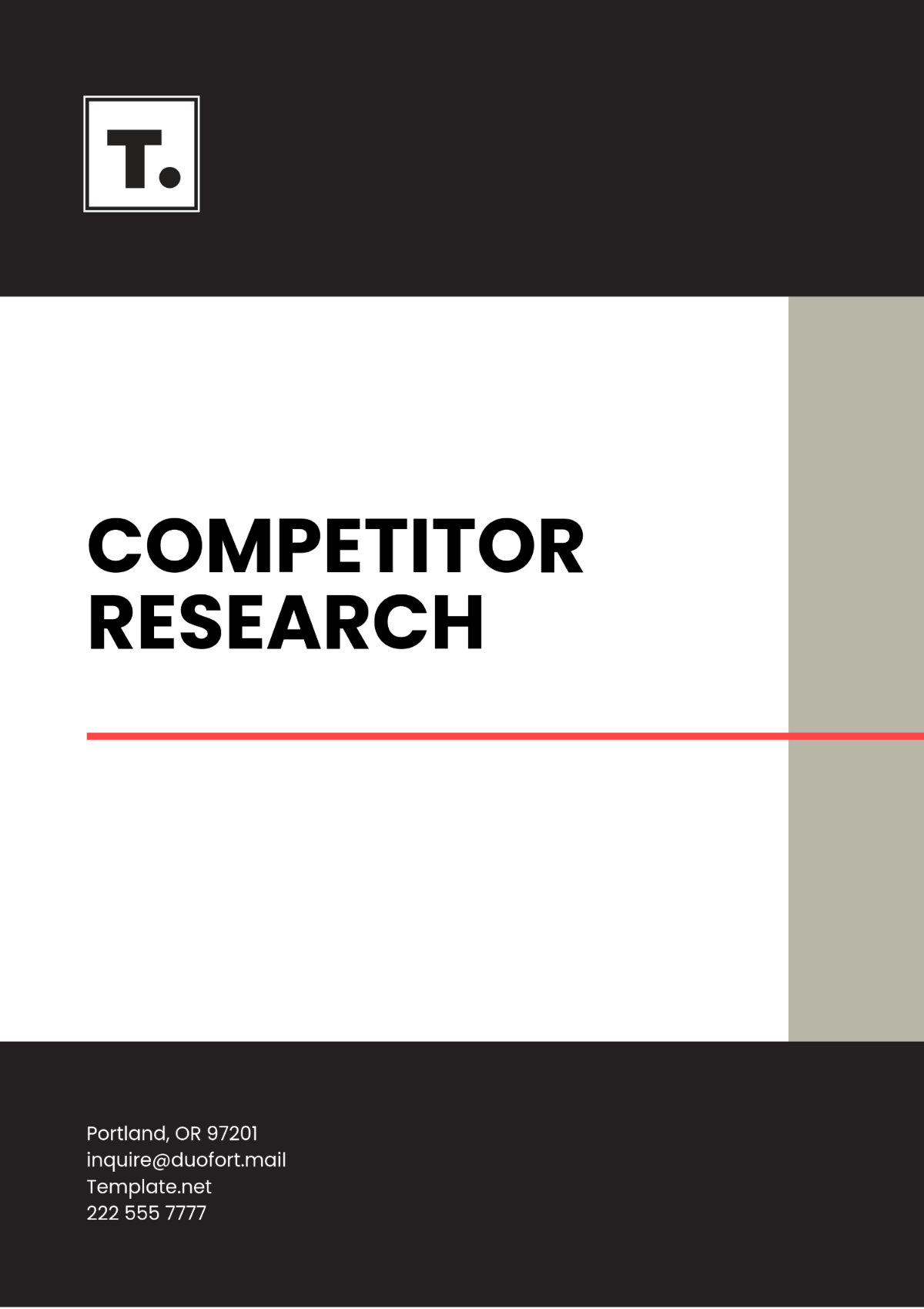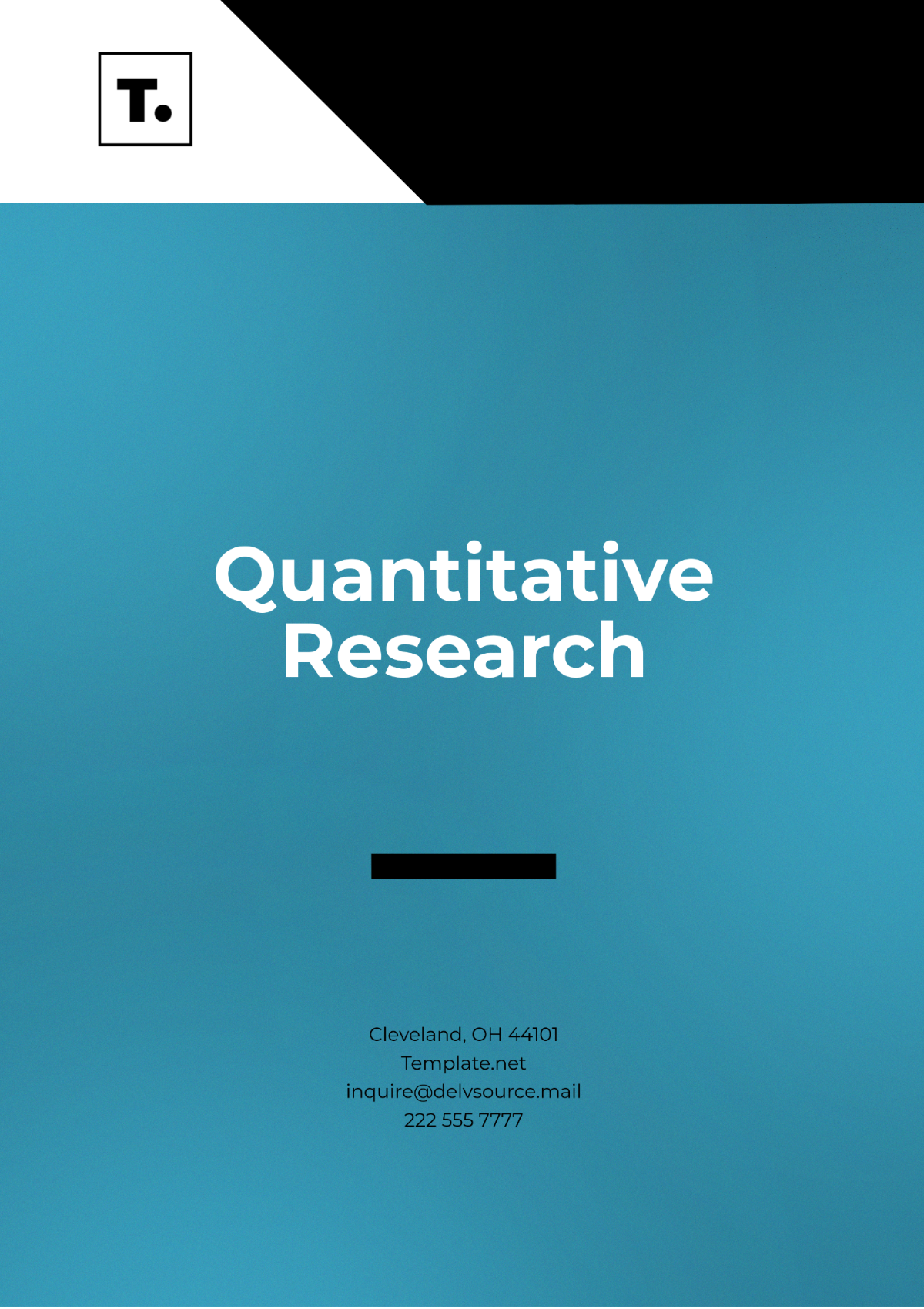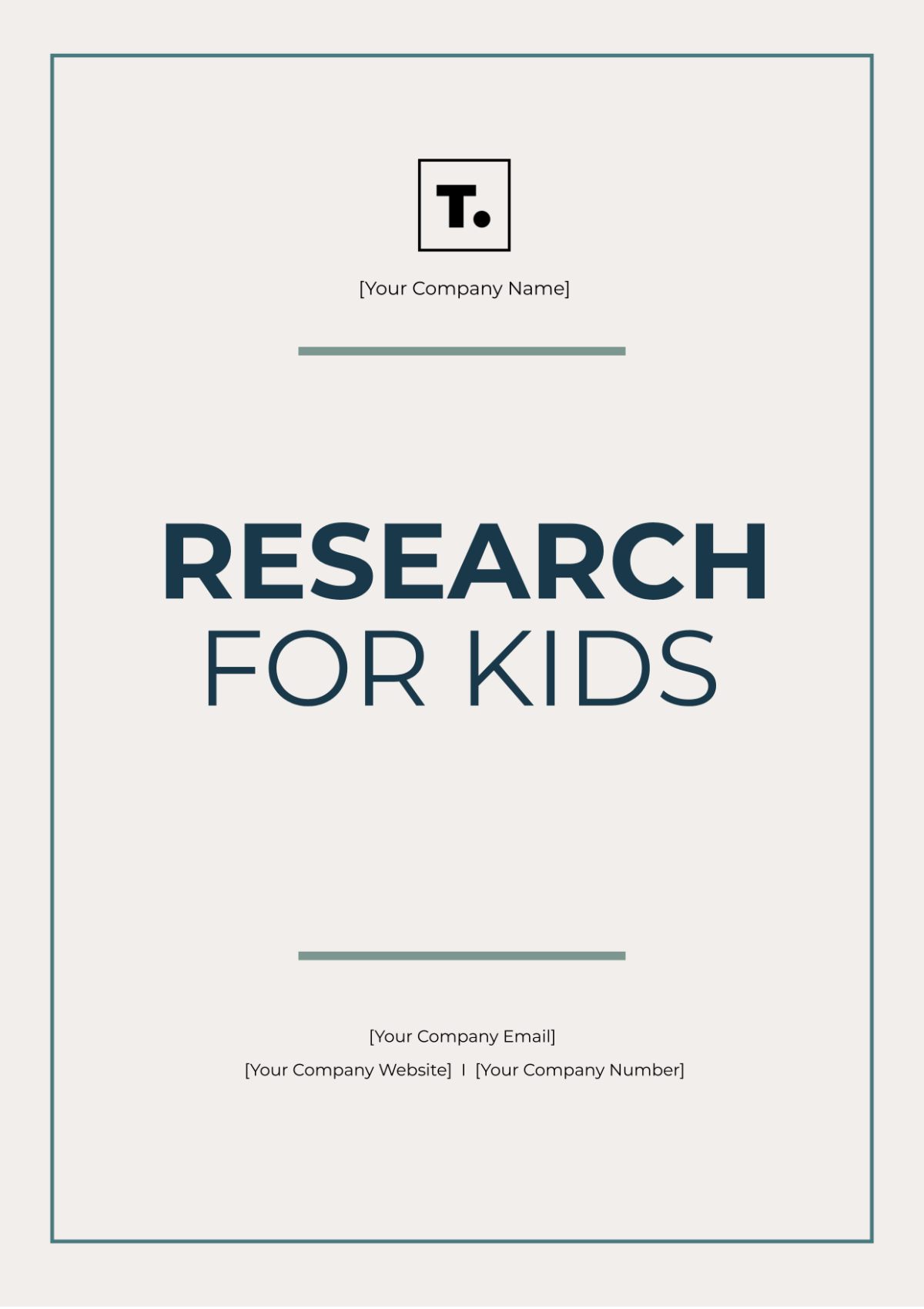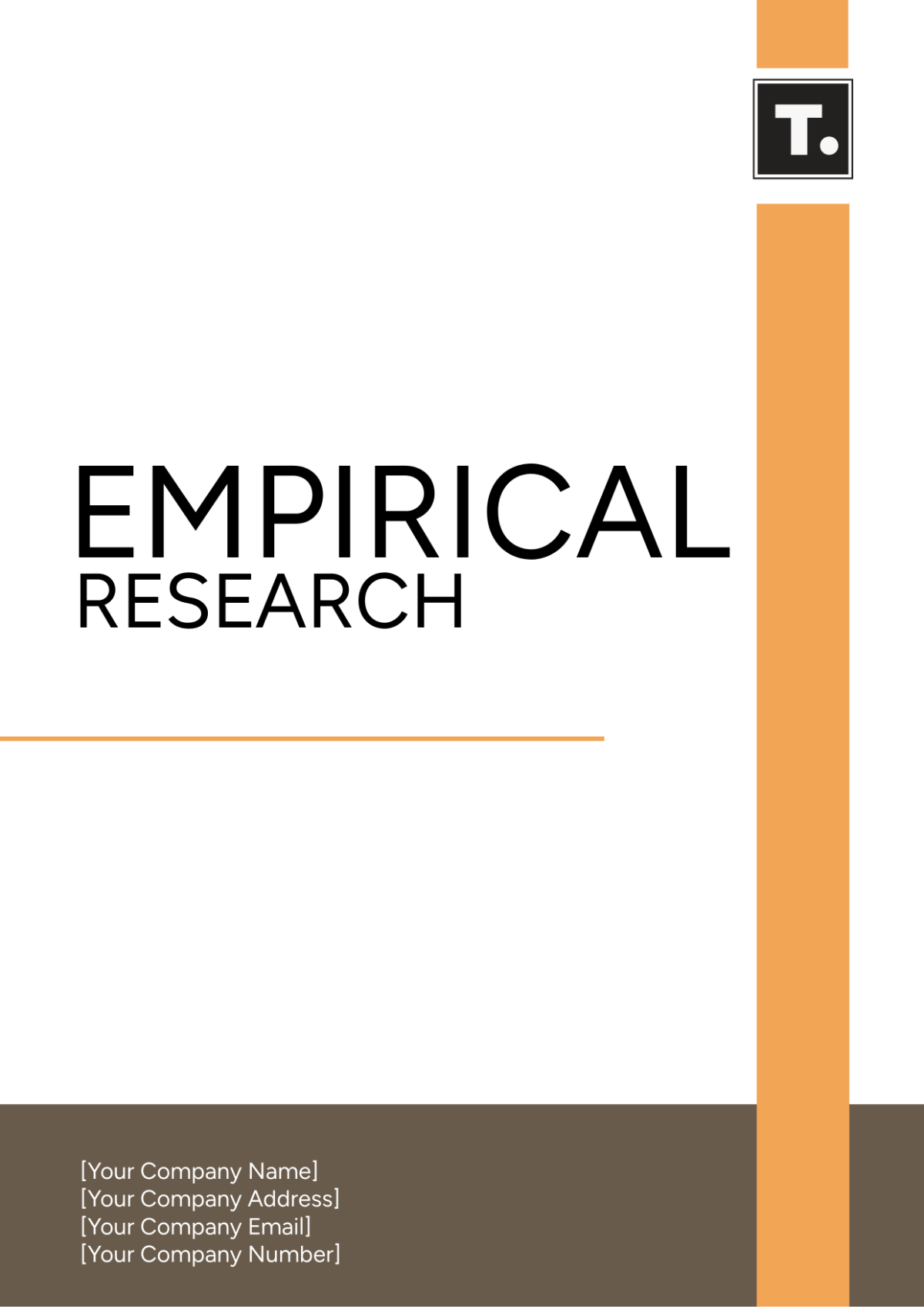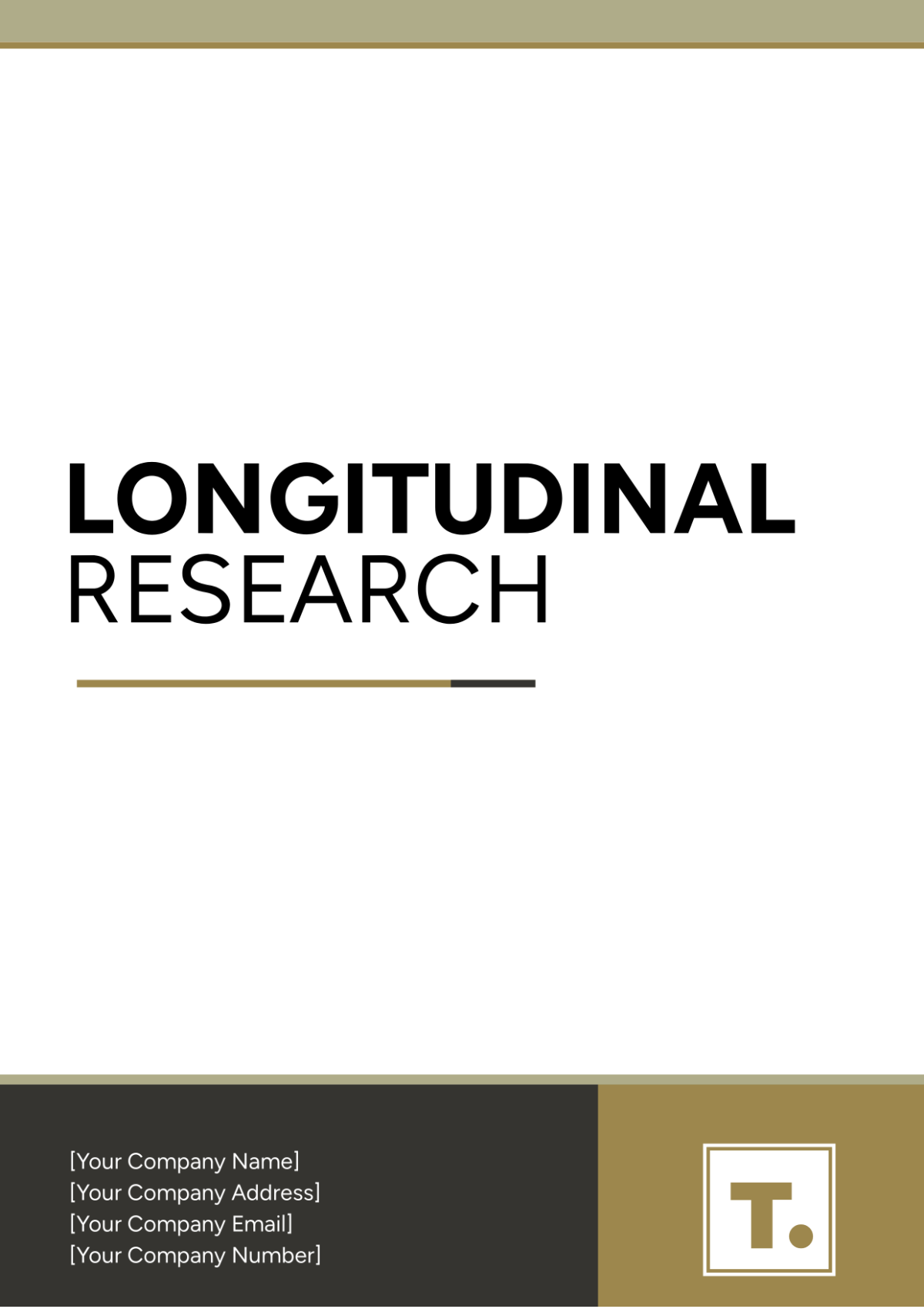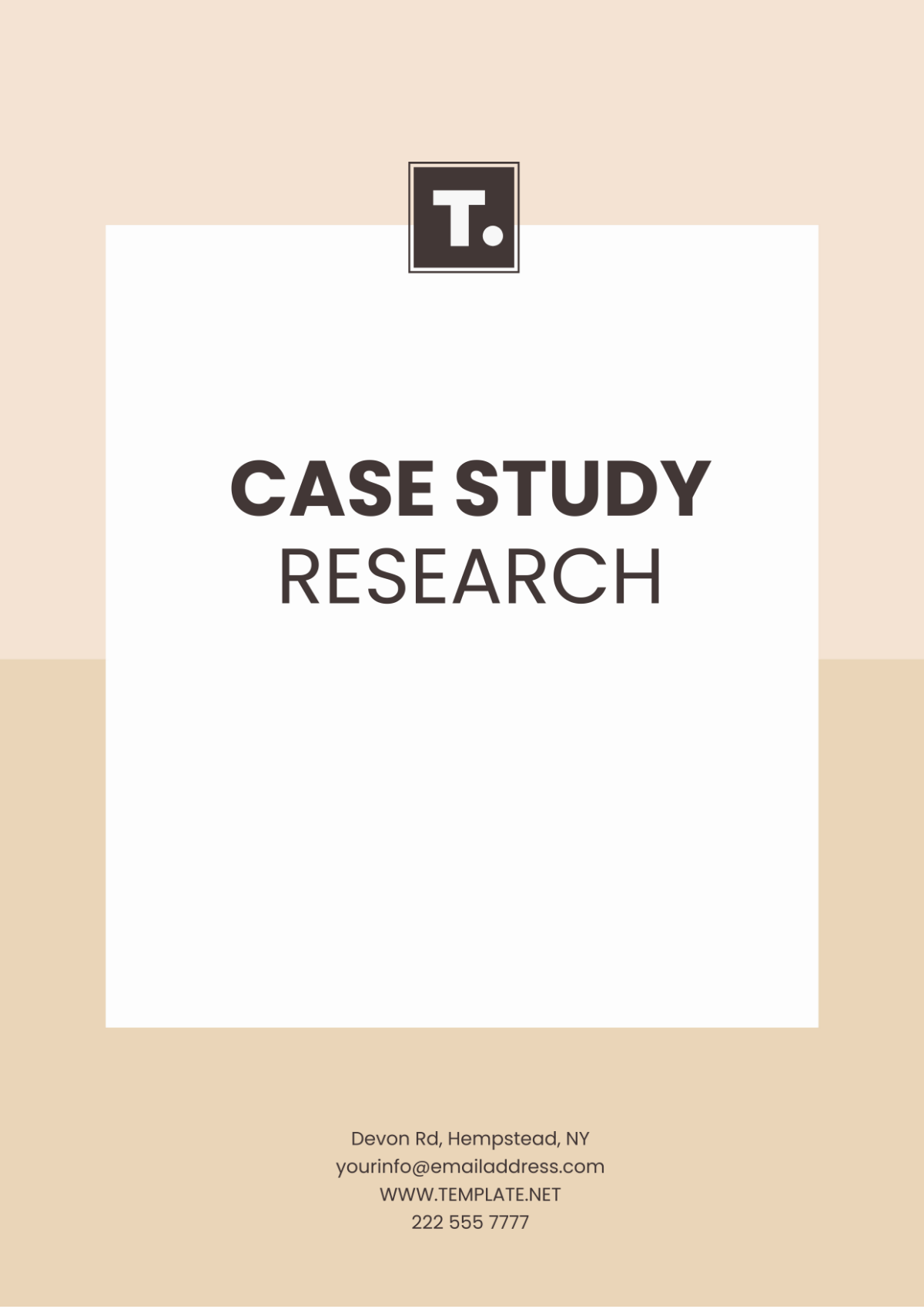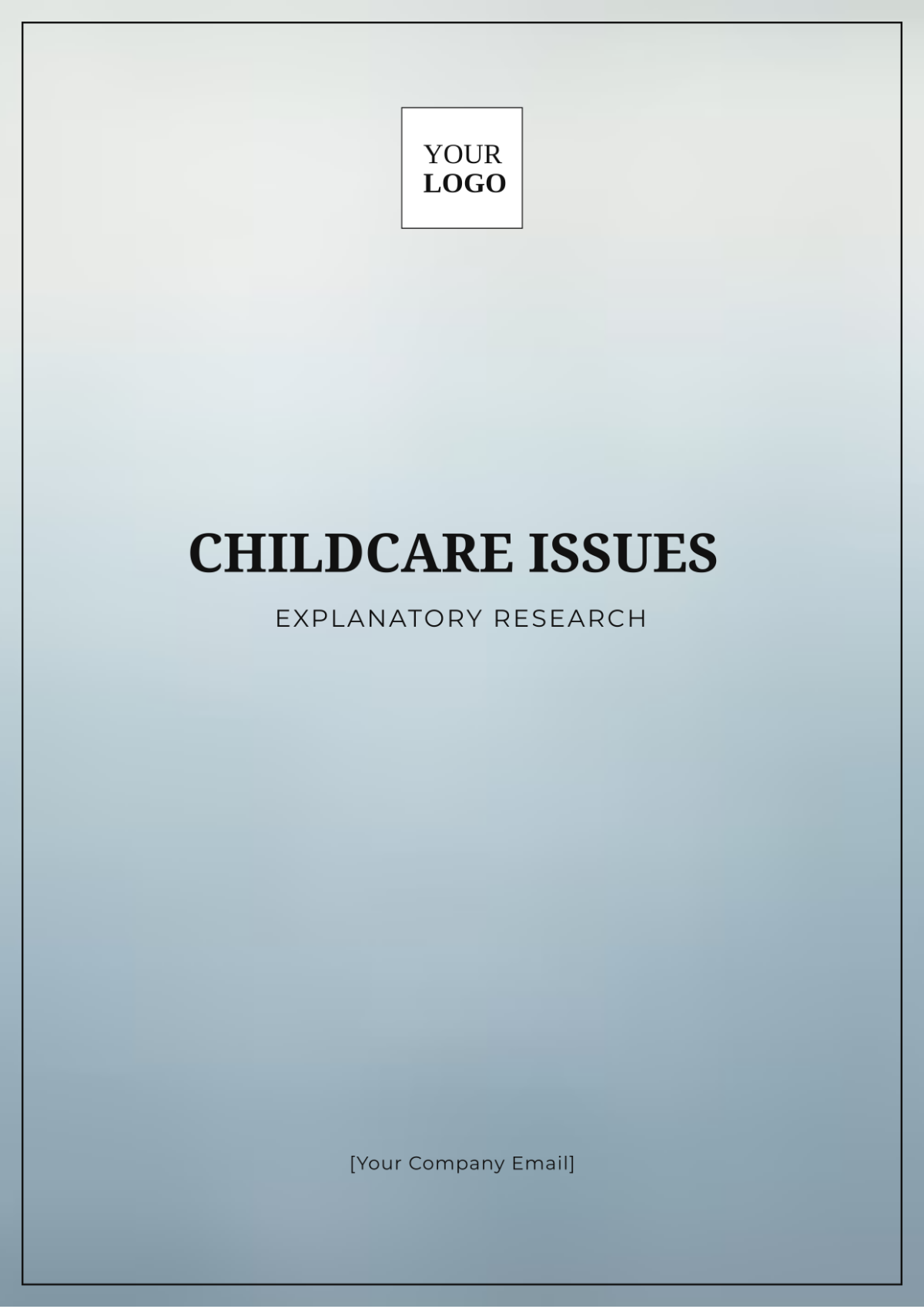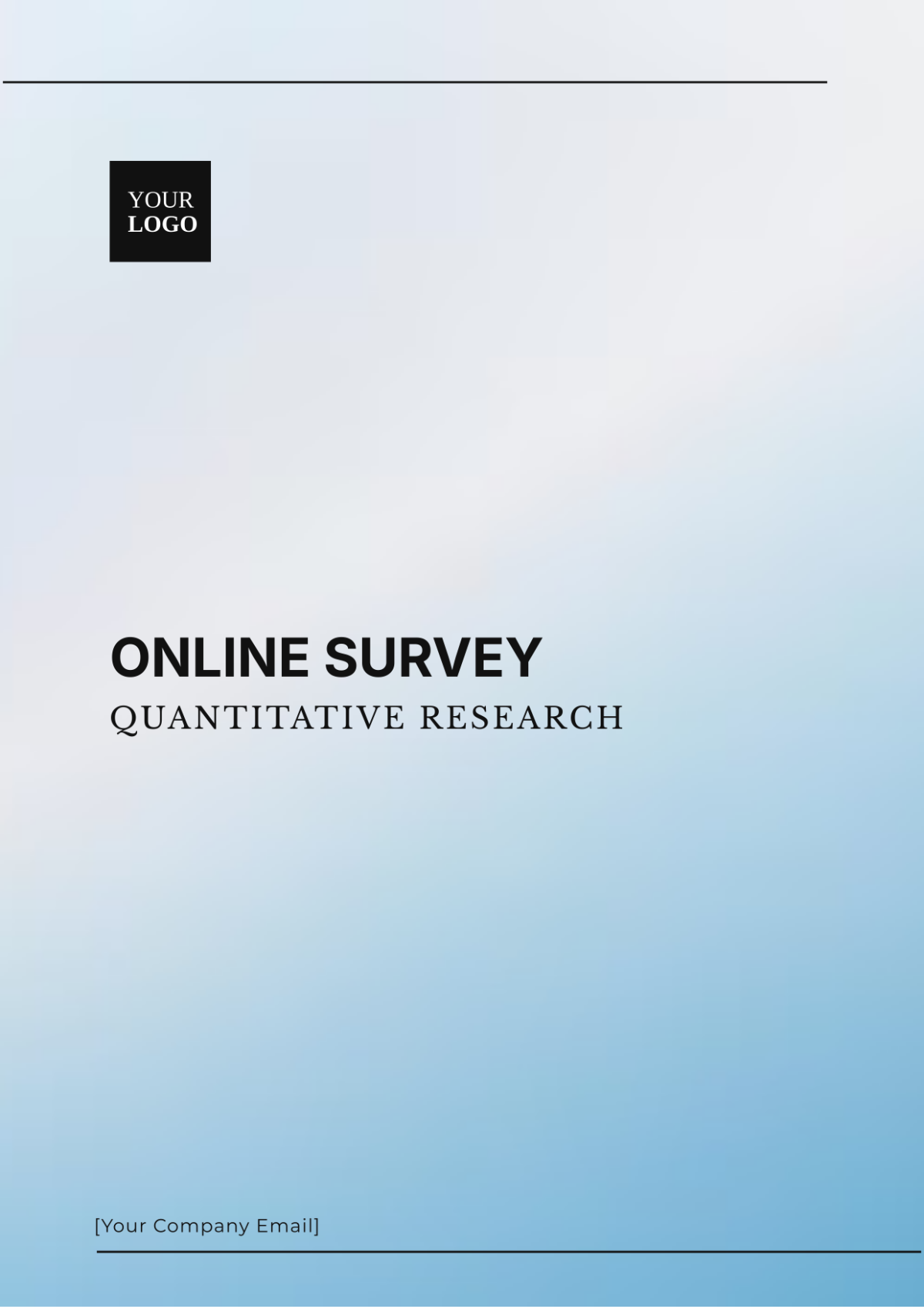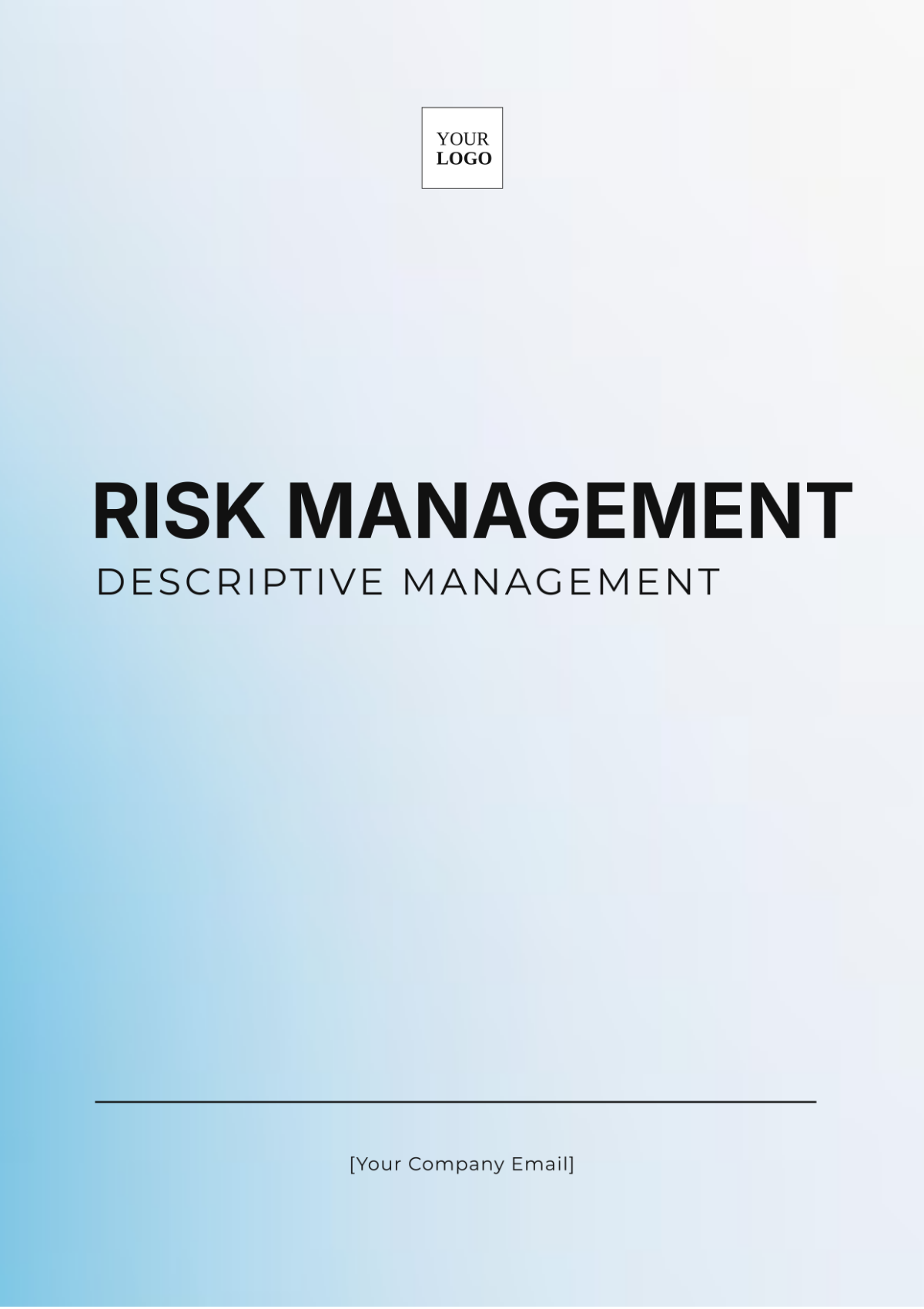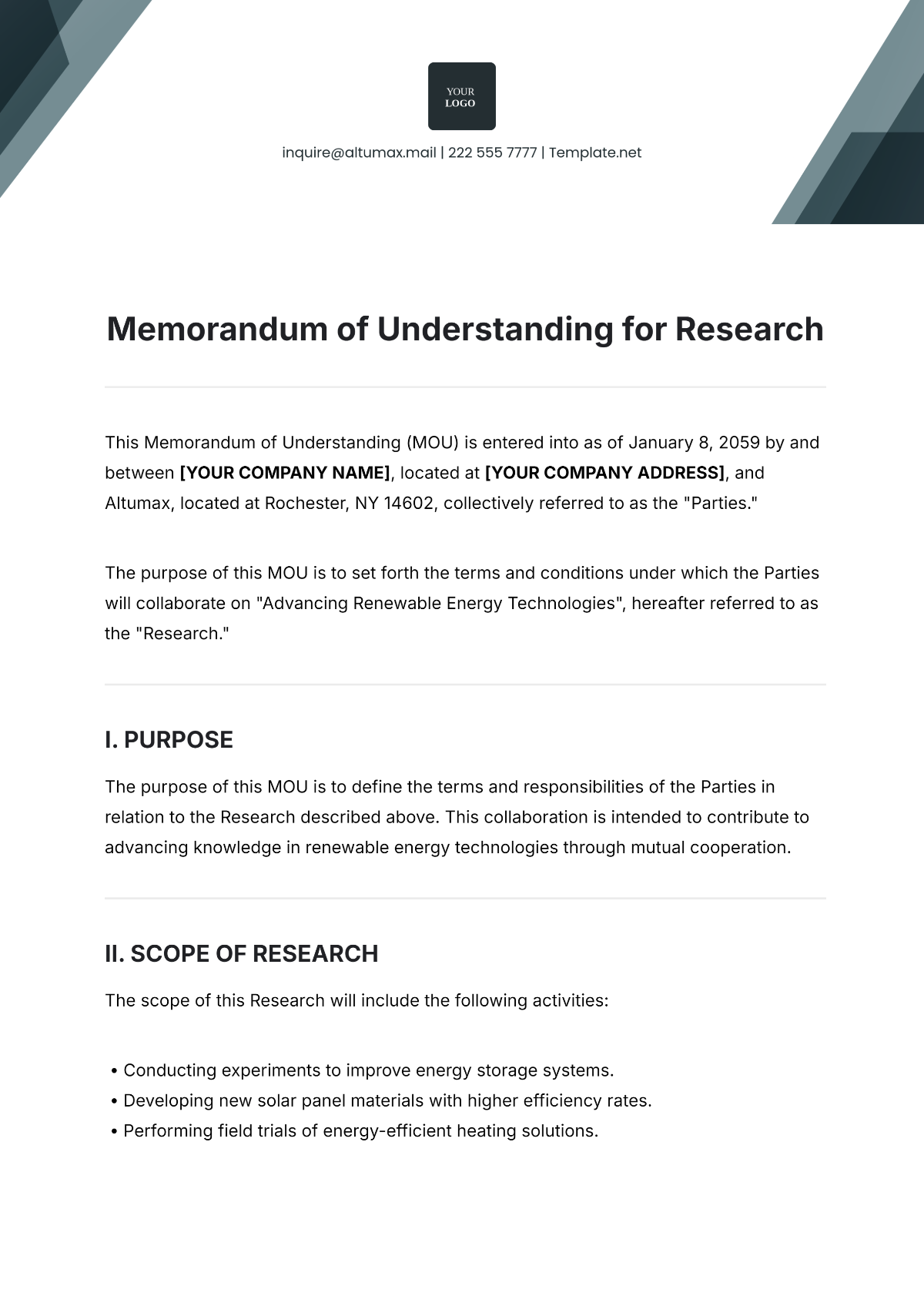Qualitative Interview Guide
I. Introduction
A. Purpose of the Interview
The purpose of this qualitative interview is to gather in-depth insights about [RESEARCH TOPIC/AREA]. The specific objectives include:
Understanding [OBJECTIVE 1]
Exploring [OBJECTIVE 2]
Identifying [OBJECTIVE 3]
B. Interviewee Information
Name: [INTERVIEWEE NAME]
Role/Title: [INTERVIEWEE ROLE]
Organization: [INTERVIEWEE ORGANIZATION]
C. Interview Guidelines
Interviews will last approximately [DURATION] minutes.
Participation is voluntary, and interviewees can withdraw at any time.
Responses will be kept confidential and used solely for research purposes.
D. Consent
Before we begin, please confirm your consent to participate in this interview by signing the consent form provided.
II. Interview Questions
A. Warm-Up Questions
Can you please introduce yourself and your role within your organization?
How long have you been involved in [INDUSTRY/FIELD]?
B. Main Questions
What are the key challenges you face in [RELEVANT AREA]?
Can you describe a recent significant event/experience related to [RESEARCH TOPIC]?
What strategies have you found to be effective in addressing [ISSUE/CHALLENGE]?
C. Follow-Up Questions
Could you elaborate on your previous answer about [SPECIFIC TOPIC]?
Why do you think [EVENT/STRATEGY] was successful or unsuccessful?
III. Findings
Upon analysis of the interview data, several key themes have emerged, shedding light on various aspects of [RESEARCH TOPIC/AREA]. One prominent theme is [KEY THEME 1], which was recurrent throughout the discussions. Interviewees often emphasized the challenges associated with [SPECIFIC ASPECT OF KEY THEME 1] and proposed several strategies for mitigation.
Additionally, [KEY THEME 2] emerged as another significant aspect, highlighting the importance of [SPECIFIC ASPECT OF KEY THEME 2] in the context of [RESEARCH TOPIC/AREA]. These themes provide valuable insights into the nuances and complexities of [RESEARCH TOPIC/AREA], offering a rich understanding of the subject matter.
IV. Discussion
The implications of these findings are multifaceted, with implications for both research and practice in [RESEARCH TOPIC/AREA]. Understanding the key challenges identified, such as [SPECIFIC CHALLENGE], is crucial for devising effective strategies and interventions. By addressing these challenges, stakeholders can enhance [SPECIFIC OUTCOME OR IMPACT] and contribute to the advancement of [RESEARCH TOPIC/AREA].
Moreover, the identification of recurring themes underscores the need for a holistic approach to [RESEARCH TOPIC/AREA], considering various factors such as [FACTOR 1], [FACTOR 2], and [FACTOR 3]. This holistic perspective can inform policy development, resource allocation, and future research directions, ensuring a comprehensive understanding of [RESEARCH TOPIC/AREA].
V. Recommendations
A. Actionable Strategies
Implement [RECOMMENDATION 1] to directly address [SPECIFIC CHALLENGE] by deploying [SPECIFIC STRATEGY OR INTERVENTION].
Explore [RECOMMENDATION 2] to capitalize on [KEY OPPORTUNITY] and enhance [SPECIFIC OUTCOME OR IMPACT].
Ensure that recommendations are contextually relevant and aligned with the overarching objectives of the research.
B. Areas for Further Research
Delve deeper into [SPECIFIC ASPECT OF RESEARCH TOPIC/AREA] to uncover its nuances and implications.
Investigate the long-term effects of [SPECIFIC STRATEGY OR INTERVENTION] to assess sustainability and scalability.
Explore interdisciplinary collaborations to understand the intersectionality of [RESEARCH TOPIC/AREA] with other relevant fields.
These recommendations and areas for further research aim to guide future endeavors in [RESEARCH TOPIC/AREA], fostering innovation and advancing knowledge in the field.
VI. Conclusion
In conclusion, the findings of this qualitative interview offer valuable insights into the challenges, opportunities, and complexities of [RESEARCH TOPIC/AREA]. By identifying key themes and discussing their implications, this research contributes to a deeper understanding of the subject matter and informs future efforts in [RESEARCH TOPIC/AREA]. The recommendations put forth provide actionable strategies for addressing the identified challenges, while also highlighting areas for further research and exploration. Overall, this study serves as a stepping stone for advancing knowledge and fostering innovation in [RESEARCH TOPIC/AREA].
VII. Acknowledgments
The completion of this interview would not have been possible without the cooperation and participation of the interviewee, [INTERVIEWEE NAME]. Their valuable insights and contributions are greatly appreciated and have enriched the research process. Additionally, we extend our gratitude to all individuals and organizations that supported this endeavor, including [MENTOR/ADVISOR NAME] and [FUNDING AGENCY/ORGANIZATION]. Their guidance and support have been instrumental in the successful completion of this research project.




